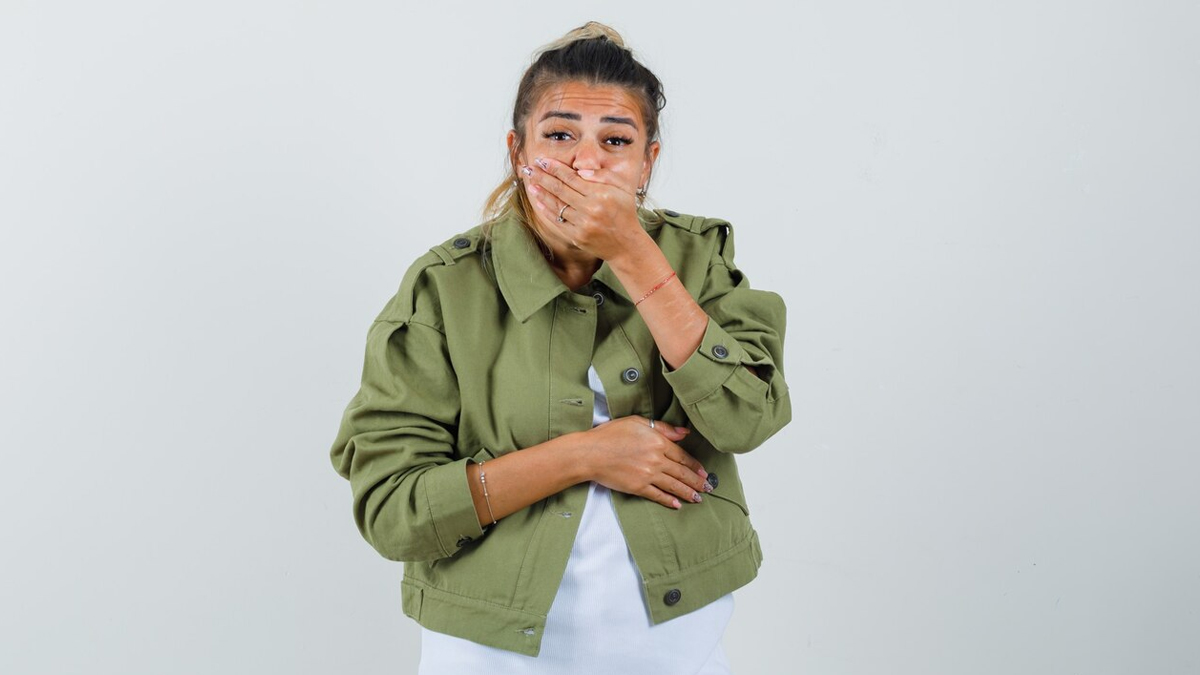
As summer temperatures are soaring, and water scarcity has been a looming concern, the risk of cholera outbreaks is looming at large. This acute diarrheal disease, caused by the Vibrio Cholerae Bacterium, thrives in conditions of poor sanitation and limited access to clean water(circumstances that often accompany severe summers and prolonged droughts). While it is treatable, its rapid spread and severe dehydration can make it a risk that demands proactive measures. If you live in an area prone to cholera, Dr Gowri Kulkarni, Head Of Medical Operations, MediBuddy has some helpful tips to prevent the illness.
Table of Content:-
How To Prevent Cholera Disease?
Here are some essential steps to stop cholera before it starts.
Water Safety
Cholera is primarily transmitted through contaminated water, a risk that escalates during water shortages. Dr Kulkarni suggests drinking only boiled, bottled or water treated with iodine or chlorine. Additionally, avoid consuming ice cubes or beverages made from untreated water sources, as these can harbour the bacteria.
Hand Hygiene
- Proper hand hygiene is one of the most effective ways to prevent the spread of cholera.
- Always wash your hands thoroughly with soap and clean water before eating, after using the restroom, and after exposure to potentially contaminated surfaces or sources.
- Carry hand sanitizers for instances when clean water is unavailable. Handwashing helps remove bacteria from your hands and prevent ingestion.
Also Rea: When To Wash or Sanitise your Hands? Know The Diseases Caused By Poor Hand Hygiene

Food Hygiene
- Ensure that kitchen utensils and surfaces are clean and sanitised regularly.
- Use clean water for cooking and drinking purposes.
- Be cautious about the food you consume while travelling, especially during severe summers when food spoilage is more likely.
- Opt for hot, well-cooked meals, and avoid raw or undercooked foods, especially seafood.
- Steer clear of street food vendors who may not follow proper food handling practices. The bacteria can be present in contaminated food and cause infection if ingested.
Vaccination
As per Dr Kulkarni, “If you're travelling to a cholera-endemic area, getting the oral vaccine can protect against cholera disease for up to three years. While not 100% effective, it helps boost your immunity and offers an added layer of defence against this disease. The vaccine works by exposing your body to a weakened form of the bacteria, allowing your immune system to build defences. Ensure that children receive the cholera vaccine if travelling to high-risk areas. Consult a healthcare provider for proper vaccination guidance.”
Safe Waste Disposal
Proper waste disposal is crucial to prevent the spread of cholera, especially during water shortages when sanitation systems may be compromised. Dr Kulkarni suggests avoiding defecating in open areas or water sources when travelling, and ensuring that any human waste is disposed of in designated sanitary facilities. Improper waste disposal can contaminate water sources and spread the bacteria. Maintain good personal hygiene practices, including regular hand washing and proper disposal of waste to prevent contamination.
Also Read: Experts Share Why Typhoid Is Often Misdiagnosed For Other Infections

“Being a potentially life-threatening disease, initial signs of Cholera symptoms such as severe diarrhoea, dehydration, vomiting and nausea require immediate medical attention for an early intervention, preventing the disease from advancing to a critical stage,” adds Dr Kulkarni.
Final Word
Cholera is a formidable adversary, but arming yourself with the right knowledge and precautions can ensure safety from the disease, even in the face of severe summers and water scarcity. Whether you are travelling, taking care of children, or residing in shared accommodations like PGs, following these essential steps can significantly reduce the risk of infection and contribute to overall public health and safety. It is imperative that one must promptly address the symptoms and seek timely medical consultation, particularly leveraging accessibility and convenience offered by video consultation which can play a crucial role in preventing the onset of diseases. Prevention is a shared responsibility that starts with individual awareness and proactive measures.
Also watch this video
Read Next
Understanding Brain Blood Clot Symptoms: Expert Shares the Signs and Tips to Seek Prompt Treatment
How we keep this article up to date:
We work with experts and keep a close eye on the latest in health and wellness. Whenever there is a new research or helpful information, we update our articles with accurate and useful advice.
Current Version